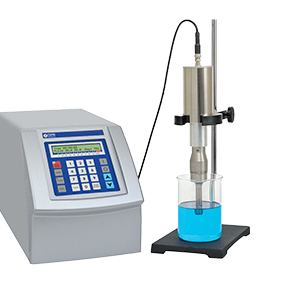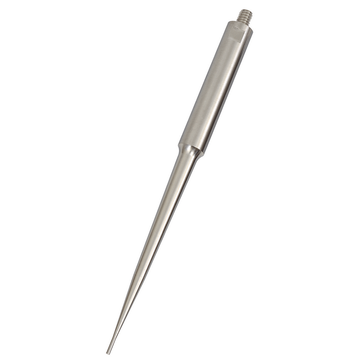
Sonicators
Commonly called sonicators, ultrasonic homogenizers, utilize high-frequency ultrasonic waves to disrupt tissues and lyse cells for researchers to access nucleic acids and proteins within. In the lab, probe sonicators are well-used for small samples or volumes that require a smaller radius of exposure to high levels of energy. Beneficial for applications such as cell disruption or emulsification in line with standard laboratory plasticware and cellular applications.

Sonicator accessories
Accessories, namely, probes and tips that are of the size conductive to the application and easy-to-clean and/or are replaceable help with proper care of the sonicator processing units for a reliable sonication experience. Having a robust and reliable sonication probe selection is important to maximize the use of the sonicator in various cellular, chemical, and material applications.































